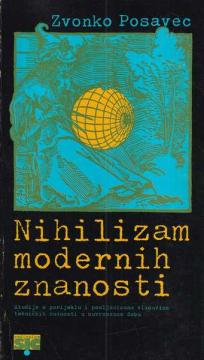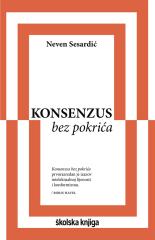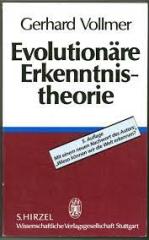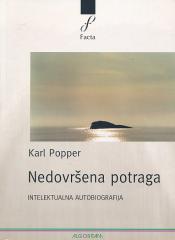
Nihilizam modernih znanosti
Zvonko Posavec, a Croatian philosopher and political scientist, in his book Nihilism of Modern Sciences (1982) explores the philosophical dimension of modern sciences, especially their tendency towards nihilism, which he sees as a consequence of the loss
The work addresses the question of how science, despite its progress, contributes to spiritual emptiness and alienation. Posavec analyzes how the scientific approach, focused on objectivity and quantification, has led to the marginalization of ethical and metaphysical issues, resulting in a sense of meaninglessness.
The author explores the historical roots of nihilism, linking it to the Enlightenment and rationalism, which, in his opinion, undermined traditional values without providing an adequate replacement. He particularly focuses on the influence of German classical philosophy, including Hegel and Nietzsche, whose ideas about the "death of God" and the loss of absolute values he sees as key to understanding modern nihilism. Posavec criticizes science for often neglecting humanistic aspects, thereby losing the connection between knowledge and the meaning of life.
The book also questions the possibilities of overcoming nihilism, suggesting the need to reintegrate ethics and politics into scientific discourse. Posavec advocates a dialogue between science and philosophy in order to establish a balance between technical progress and human values. The work is significant for understanding the tension between science and spirituality in the modern era.
One copy is available


